Introduction & Analysis
This collection of open-source English-language news articles published over the past week highlights significant events and issues concerning Myanmar. They present a snapshot of the country's safety and security landscape.
- The Myanmar military junta is moving forward with highly contested elections from December 2025, despite widespread skepticism regarding their legitimacy from both domestic and international actors, and amidst an ongoing civil war characterized by significant military control but also persistent resistance.
- The conflict continues to involve extensive violence, human rights abuses, and forced conscription by the junta, leading to massive internal displacement and a flow of refugees into neighboring countries like Thailand, where they often face exploitation and lack legal protection.
- Various Ethnic Resistance Organizations (EROs) who control large swathes of territory, are establishing parallel administrations by issuing ID cards, collecting taxes, and influencing border trade, further fragmenting governance and contributing to issues such as drug trafficking and environmental degradation from unregulated mining.
- Regionally, ASEAN faces dilemmas in engaging with Myanmar's military government while pushing for a peaceful resolution and legitimate elections, while China actively influences the conflict, notably by pressuring key EROs like the UWSA to withdraw military and economic support from anti-junta allies, aiming to secure its economic interests and stabilize the border region.
ASEAN
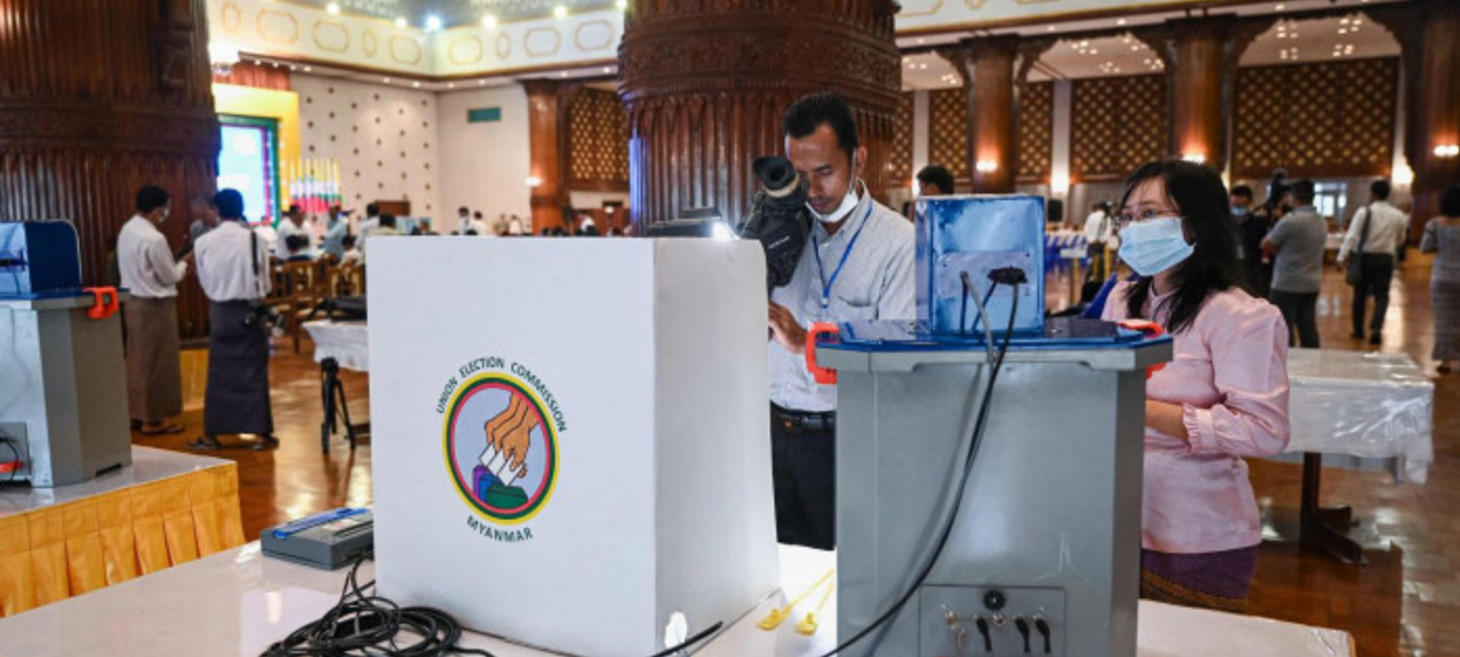
Upcoming Myanmar vote tests Asean
Myanmar is set to hold a national election from December 28, 2025, through mid-January 2026, but the process is already considered fraudulent due to the Tatmadaw's control and expected low voter turnout outside urban areas. The military is guaranteed 25% of parliamentary seats under the 2008 Constitution, meaning their proxy party would only need to win just over a third of the contested seats to secure a majority, leading to a largely predetermined outcome. ASEAN faces significant dilemmas, needing to decide on dispatching observers and addressing an anticipated unfair result, with its pivotal role being to convince Myanmar to ensure the election's legitimacy and adhere to the five-point peace plan.
Census & Elections
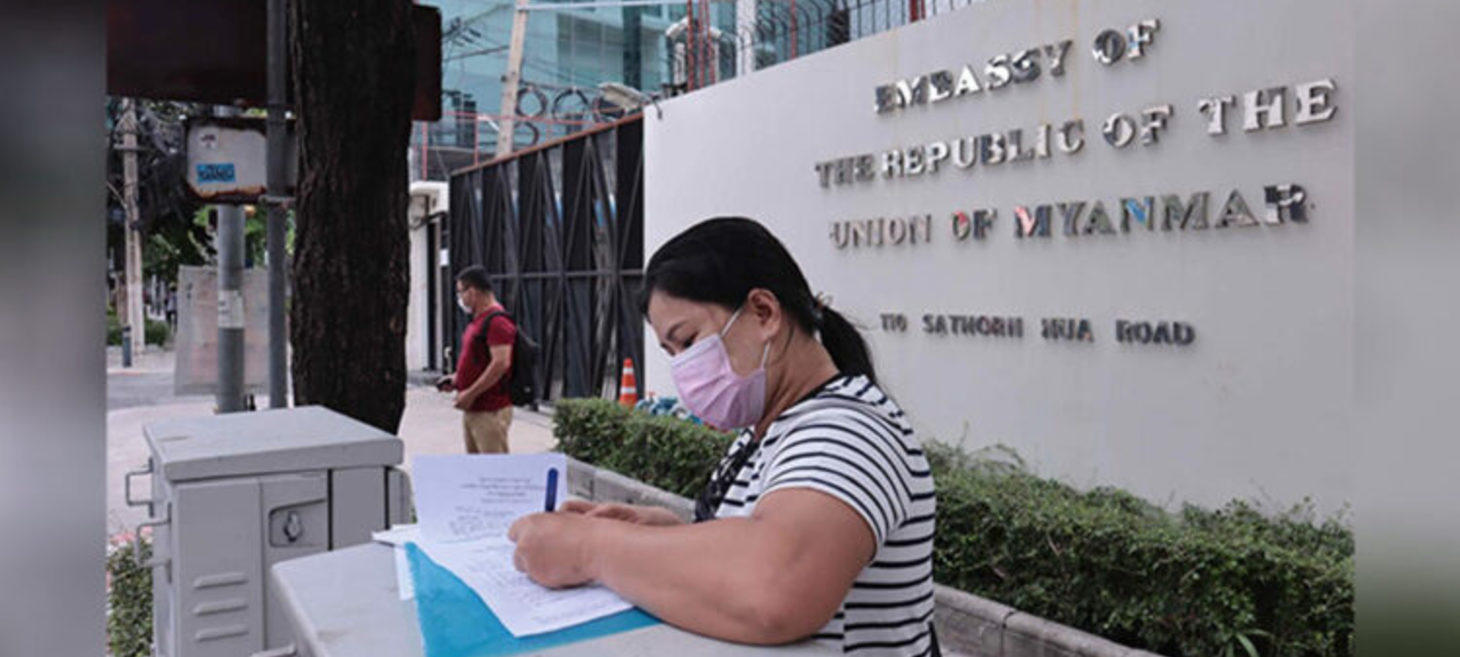
Overseas Myanmar Nationals Spurn Junta’s Advance-Voting Push
The Myanmar junta's Union Election Commission (UEC) is encouraging overseas Myanmar nationals to cast advance votes for a general election scheduled for late December, requiring them to submit personal details to embassies between August 22 and September 8. However, across countries like South Korea, Thailand, Laos, Japan, and Singapore, many members of the Myanmar diaspora are refusing to participate, denouncing the process as illegitimate and stating they will not validate the military's seizure of power or hand over their personal data. This widespread refusal comes despite some concerns among migrants about potential issues with passport or work permit extensions if they do not comply, and it aligns with rejections of the election by Western governments, the National Unity Government, and ethnic armed organizations, who call it a sham.
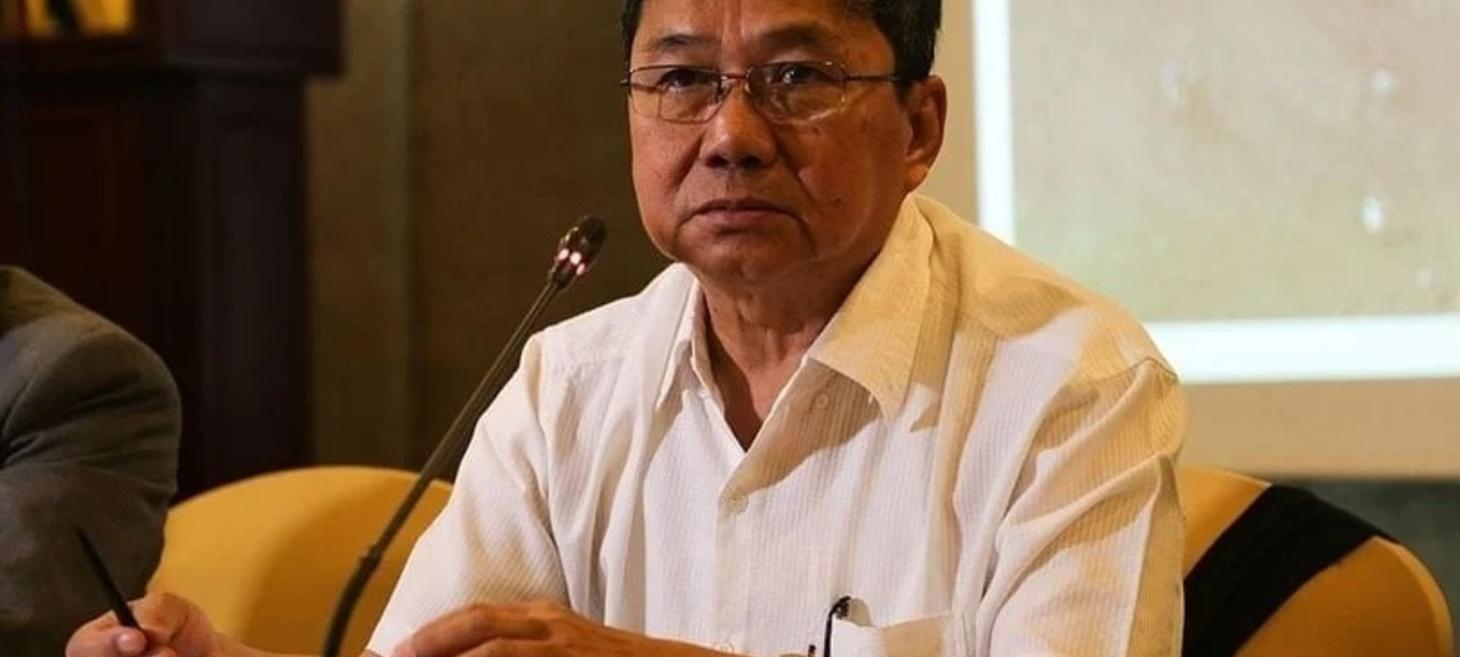
Amid War and Displacement, Myanmar Junta Moves Forward with Sham December Elections
Myanmar's military-appointed Union Election Commission plans to hold nationwide elections starting December 28, 2025, despite escalating armed conflict and widespread displacement, particularly in Shan State. The Shan Nationalities League for Democracy (SNLD) will not participate, with its chairperson stating that the polls cannot genuinely reflect the will of the people and will have very limited nationwide influence given the weak rule of law. The SNLD emphasizes that peace, stability, and inter-ethnic harmony are crucial for any future civilian administration, warning that opportunists gaining power could worsen suffering.
Conflict
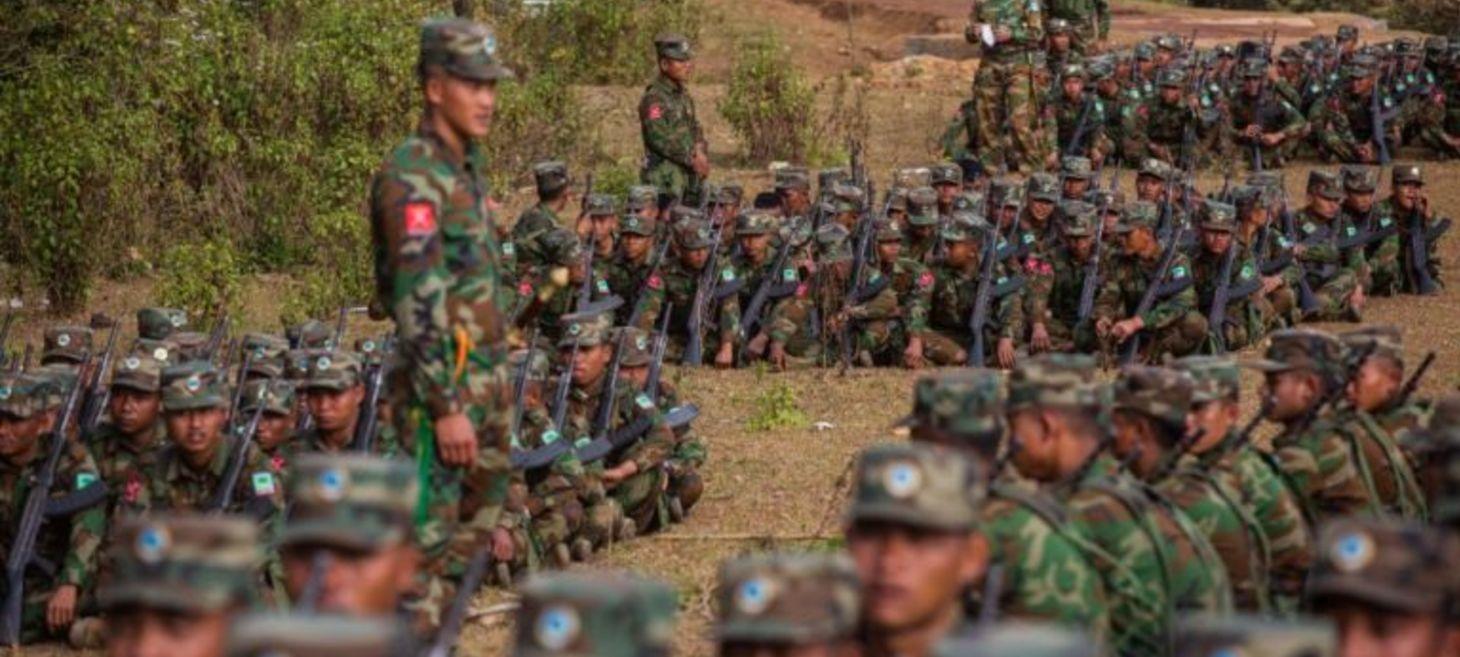
Myanmar's Elections and the Military's Quest for Legitimacy
Myanmar's military regime's claimed recapture of Demoso township in eastern Kayah state suggests that violence will intensify ahead of upcoming elections. The military is using this alleged victory to demonstrate its capability to reclaim rebel-contested areas and maintain momentum for the newly declared election cycle. These elections are anticipated to be tightly managed, which could deepen fissures with rebel forces but also potentially open the door to limited international re-engagement after years of civil war.
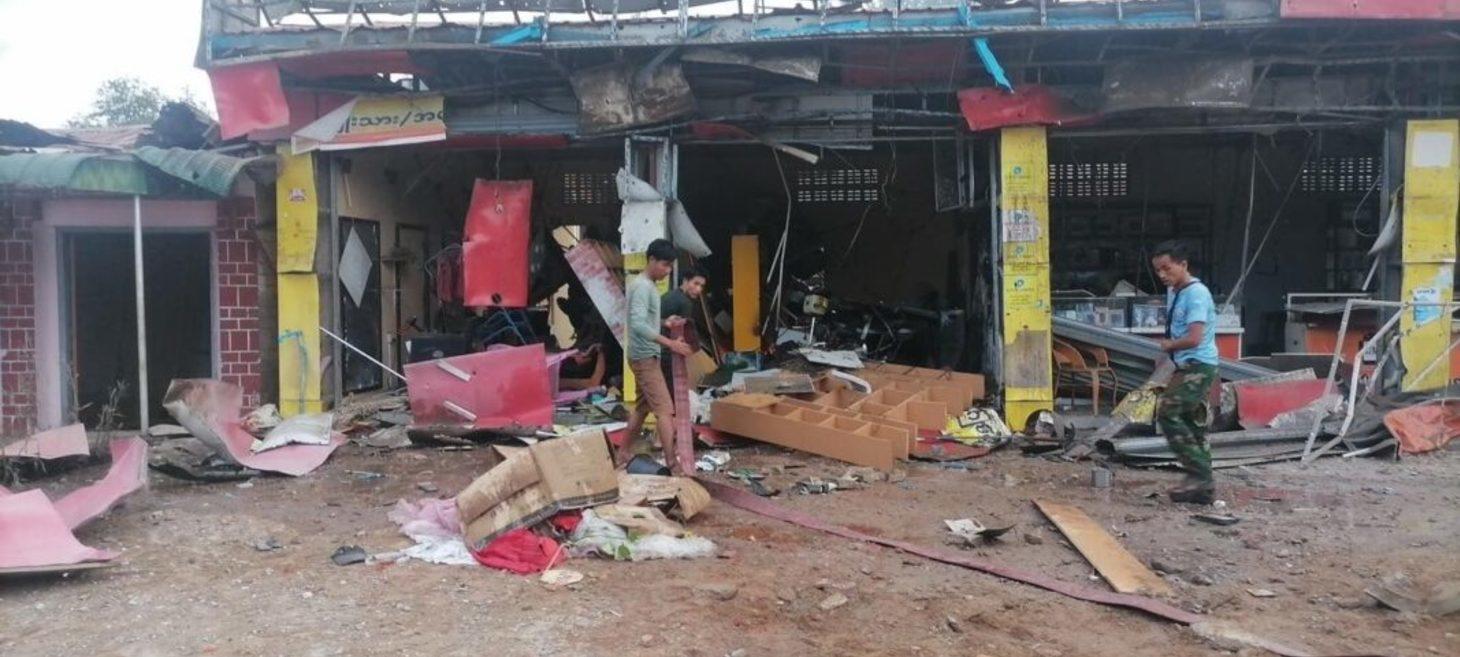
Living Under the Roar: Shan Civilians Flee as Airstrikes Empty Their Towns
The Myanmar military is conducting daily airstrikes on towns under Ta’ang National Liberation Army (TNLA) control in northern Shan State, including Kyaukme, Hsipaw, and Mongkut, causing widespread panic and forcing civilians to flee their homes. These airstrikes increasingly target residential neighborhoods, leading to towns becoming "ghost towns" with collapsing healthcare, severe food and supply shortages, and at least 56 civilian deaths and 136 injuries between June and July. The escalating violence is seen as a form of psychological warfare ahead of upcoming peace talks, with the military aiming to force TNLA concessions and retake townships, leaving civilians caught in a daily struggle for survival.
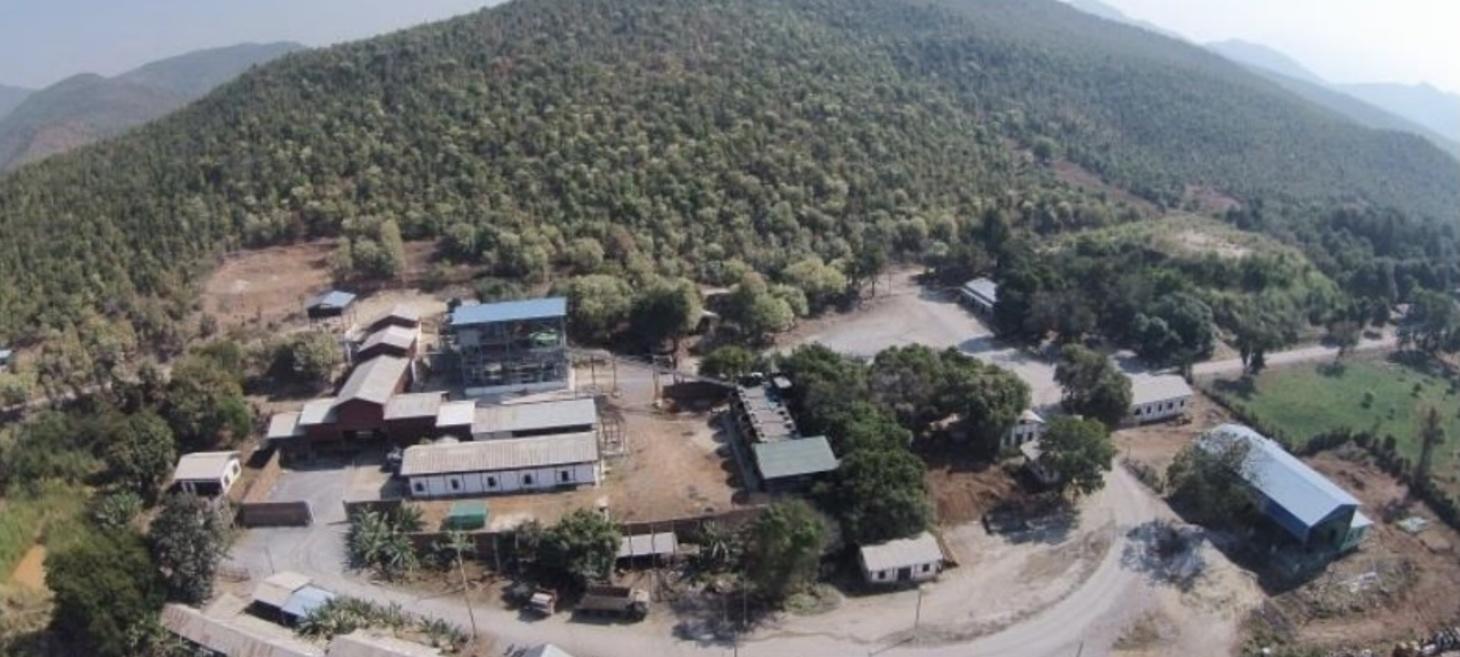
Myanmar military retakes gold mine after year-long resistance control
The Myanmar military retook the Phayaung Taung gold-mining site from anti-junta resistance groups in August 2025, after the groups withdrew amid a renewed offensive, marking the end of a year-long resistance control. Concurrently, there were multiple reports of civilian casualties, including deaths and injuries from junta airstrikes in Mrauk-U and near Bagan, and a civilian shot dead by soldiers in Hpakant, alongside unavailable routine vaccinations in Rakhine State around the same time. The broader context highlights an ongoing crisis with news on business challenges, political developments, and social issues in Myanmar.
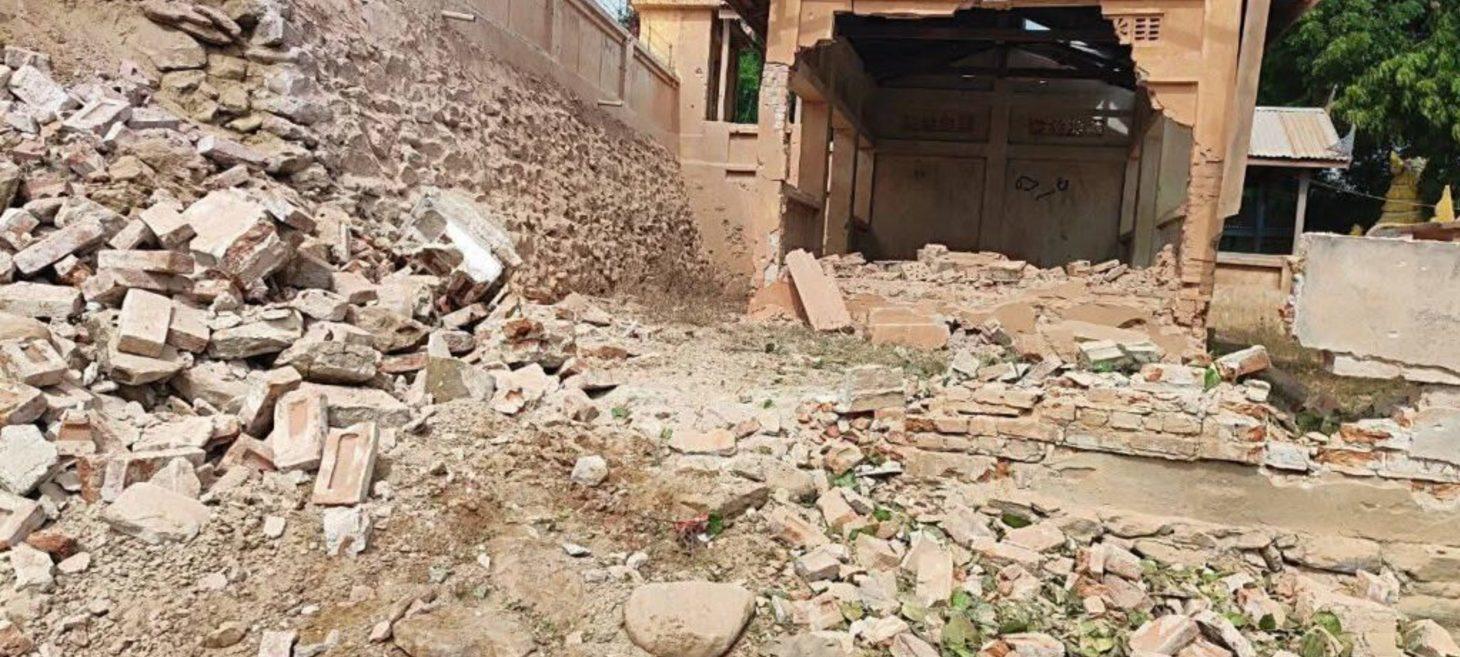
Two killed in junta aerial assault on village near Bagan
An aerial assault by the Myanmar junta on the village of Kyauk Pyin Kan near Bagan on August 23 resulted in two deaths, including a 10-year-old boy who was among children taking lessons. The attack, which also destroyed part of a pagoda, occurred in Nyaung-U Township, Mandalay Region. This incident is part of a broader pattern of violence, as the sources also mention other junta airstrikes and civilian casualties in different parts of Myanmar, such as Mrauk-U and Rakhine State.
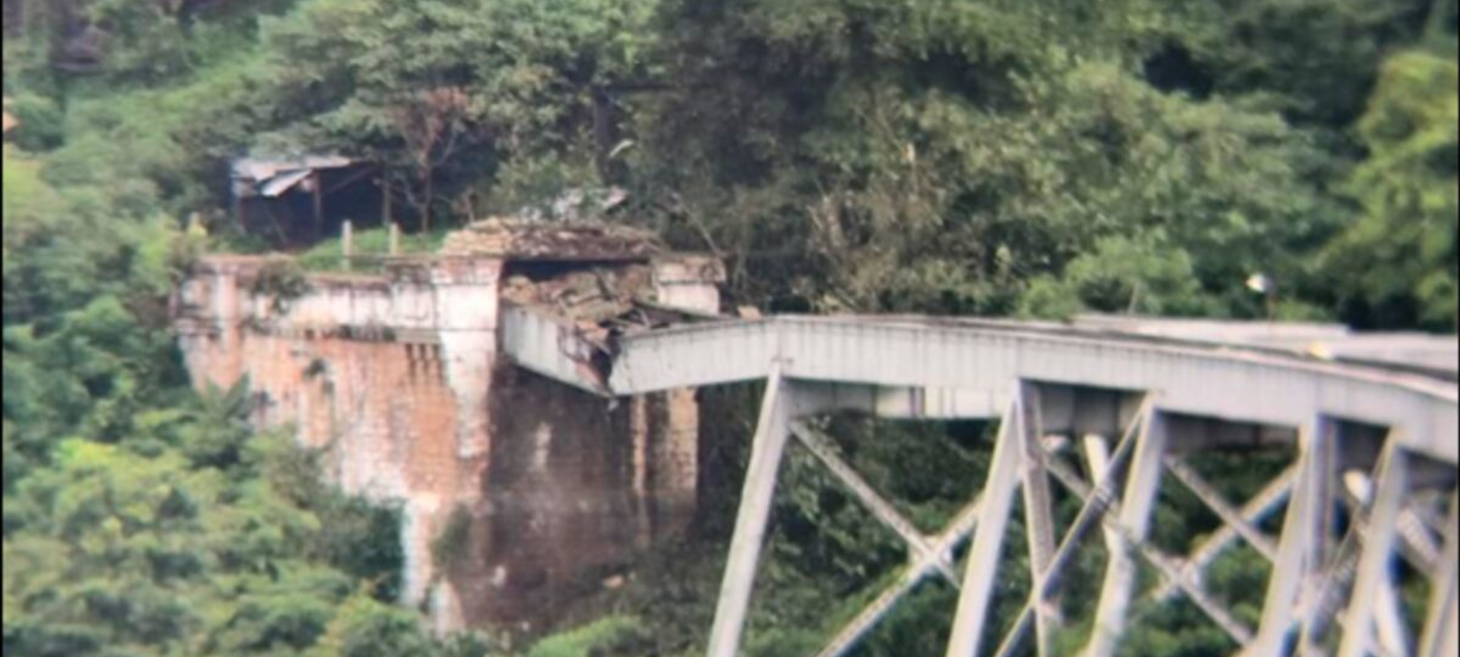
Myanmar Junta, Rebels Trade Blame for Damage of Iconic Bridge
Myanmar's military government and the Ta'ang National Liberation Army (TNLA) are trading blame for damage to the Gokteik viaduct, an iconic colonial-era train bridge that is Myanmar's highest and connects northern Shan state to Mandalay. Major General Zaw Min Tun of the military government stated the TNLA used mines to damage a 60-foot section of the bridge, while the TNLA accused the government of accidentally causing the damage with an attack drone targeting their base. Repairs are expected to be lengthy due to the presence of ethnic armed groups like the TNLA in the area, and this incident comes amidst a civil war and economic decline in Myanmar.
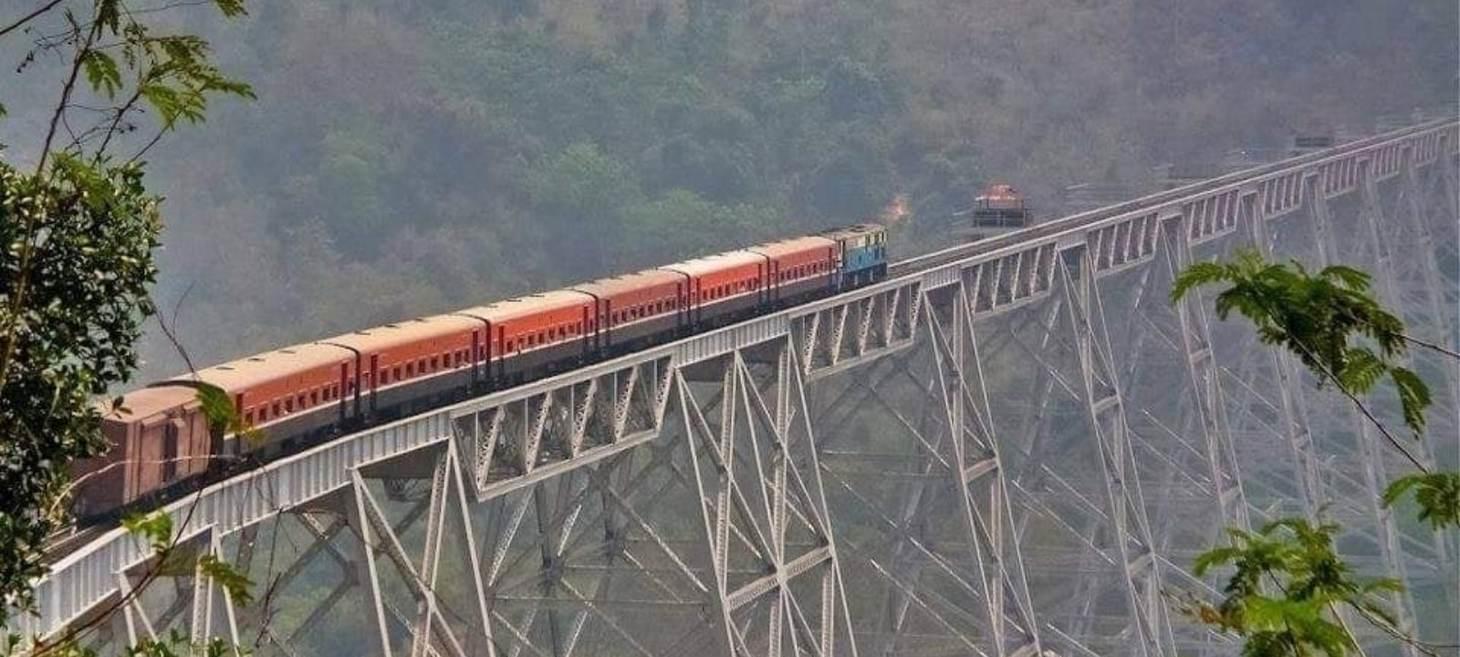
Gokteik Bridge, Myanmar’s highest rail crossing, destroyed in civil war
The Gokteik Bridge, Myanmar's highest rail crossing and a colonial-era symbol of British engineering, was destroyed this week in the country’s ongoing civil war. Towering 335 feet above a gorge in Shan State, this bridge was once the tallest railway trestle in the world and collapsed after being struck during intense fighting. While the ruling military junta accused the Ta’ang National Liberation Army (TNLA) and allied resistance groups of bombing it, the TNLA denied responsibility, claiming a bomb from the junta's drones hit the bridge instead.
Myanmar junta captures key town, expanding election writ
Myanmar's junta recently captured Demoso town in Kayah State after a 16-day battle, aiming to expand its territorial control ahead of a planned election set to begin on December 28. International monitors and the National Unity Government criticize this junta-organised election as an illegitimate and fraudulent tactic to rebrand military rule and maintain power, with Aung San Suu Kyi's party already banned. The capture of Demoso, which has experienced intense combat since the 2021 coup and is located in an area with over 130,000 displaced people, underscores the ongoing conflict and the election's limited reach, as a preparatory census failed to contact nearly four in ten people nationwide.
Conscription
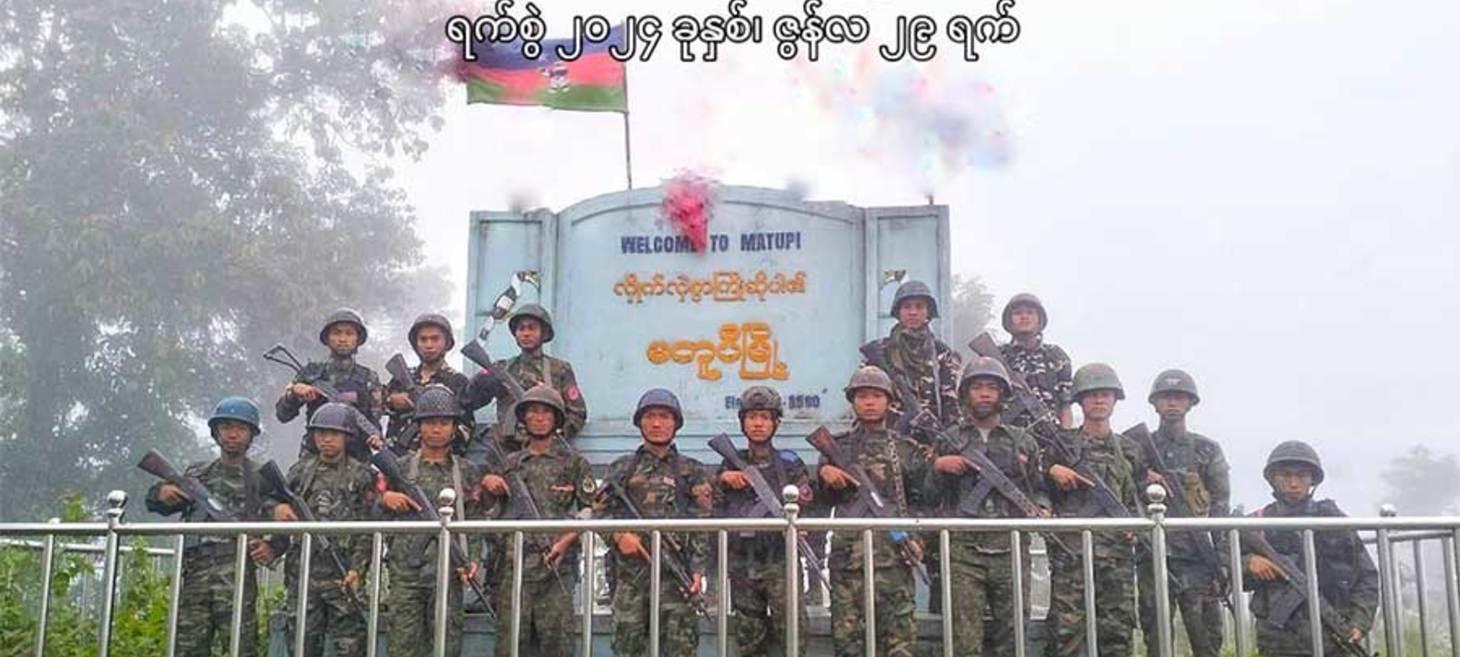
Resistance group’s recruitment drive forces Matupi youths to flee
The Matupi Revolutionary Organisation/Chinland Defence Force – Matupi (MRO/CDF – Matupi), which controls Matupi Town in Chin State, is conducting a forced conscription drive targeting young people aged 16 and above. This recruitment has resulted in the abduction of youths and two male teachers, leading to the closure of all schools in Matupi Town and surrounding areas, and forcing many young people to hide in forests or flee to other villages. MRO/CDF – Matupi has also issued threats regarding service terms and consequences for those who help individuals avoid conscription.
Crime & Narcotics

Neighbouring countries must unite against crimes from Myanmar: Khalilur - The Business Standard
National Security Adviser Khalilur Rahman emphasized the necessity for collective action among neighbouring countries to curb trans-boundary organized crimes originating from Myanmar and to stabilize the Rakhine crisis, which directly threatens regional stability. Rohingya representatives unequivocally called for their dignified return with safety, restored rights, and accountability for genocidal atrocities, urging full support for international fact-finding mechanisms like IIMM, ICJ, and ICC. Bangladesh, facing severe resource constraints, insists on equitable burden-sharing from the international community and stressed that Myanmar must create a conducive environment for repatriation by dismantling internal displacement camps and restoring Rohingya voting rights.
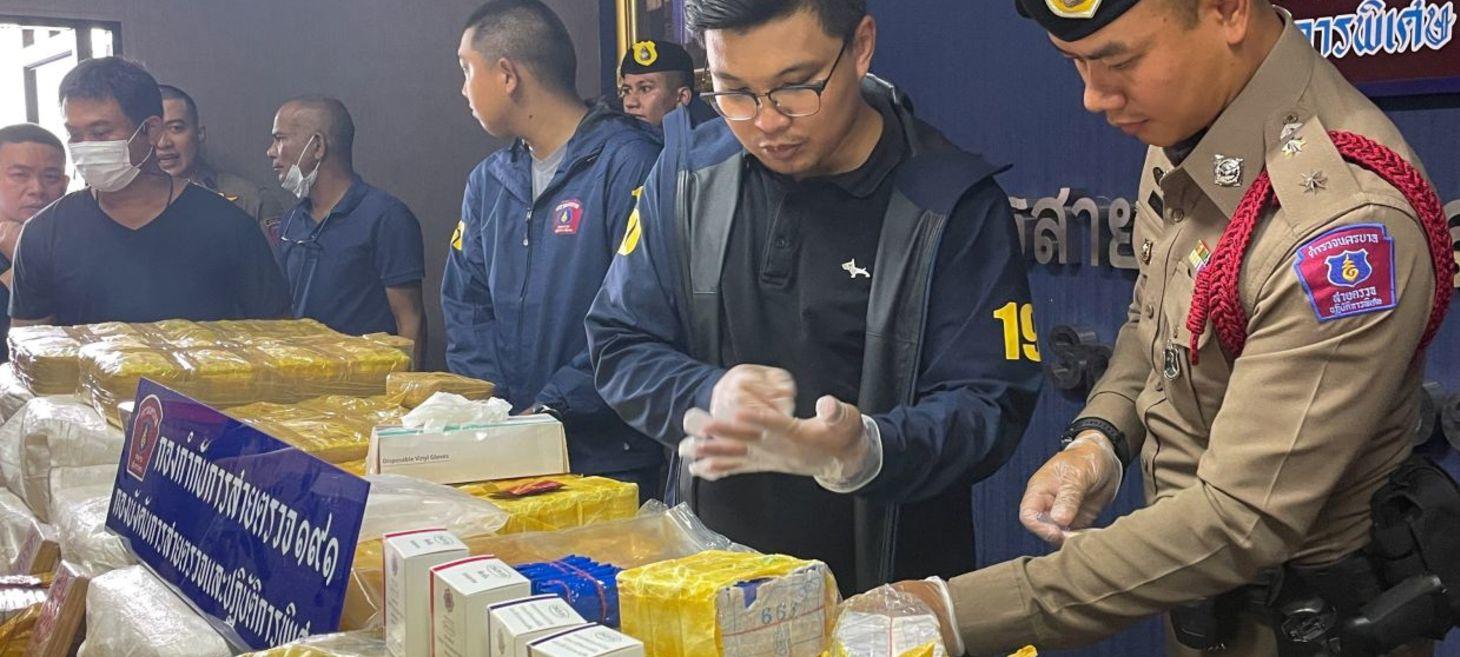
Myanmar cripples major maritime drug pipeline to Malaysia, seizes 17 million stimulant pills
Myanmar narcotics officials successfully crippled a major cross-border drug smuggling network, seizing 1.29 tonnes of methamphetamine, 1.87 tonnes of ketamine, and 17 million stimulant tablets, valued at over RM40 million (US$10 million). These illicit drugs were intended to be shipped via sea routes to drug syndicates in Malaysia, with 13 key suspects arrested in the month-long nationwide operation. This operation comes as the UNODC warns of a sharp rise in methamphetamine production and trafficking in Southeast Asia since 2021, with maritime routes connecting Malaysia, Indonesia, and the Philippines becoming vital corridors for traffickers.
Economy
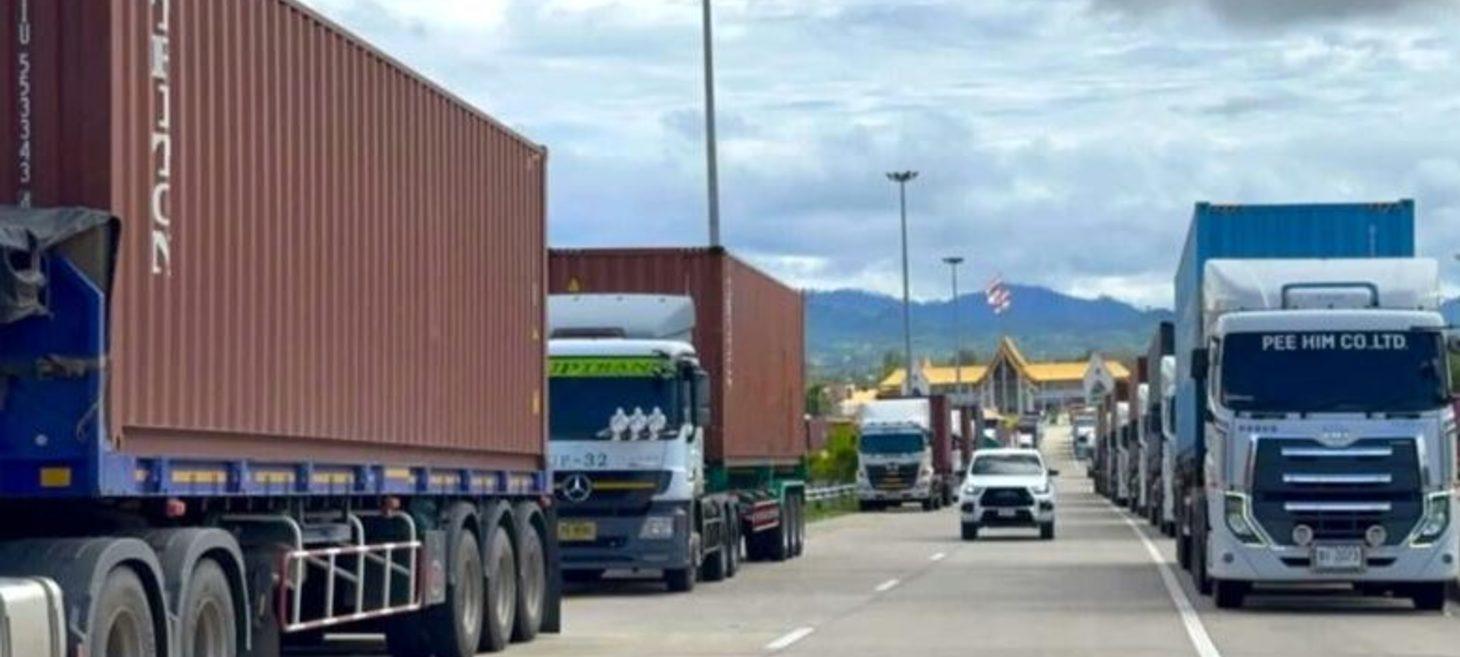
Thai goods routed through Karen EAOs-controlled piers after junta closes border bridge - Karen News
Since August 18, the junta closed Friendship Bridge 2, a key crossing for Thailand-Myanmar border trade between Mae Sot and Myawaddy. Consequently, Thai goods are now routed through approximately 50 piers controlled by Karen ethnic armed organizations (EAOs), including the Karen Border Guard Force (BGF), along the Thaungyin (Moei) River, allowing daily trade of food and household goods to continue. This move has left around 500 fully loaded trucks stranded on the Mae Sot side, with their cargo being unloaded and shipped via these alternative piers, as analysts believe the junta's action is unlikely to achieve its intended goal of disrupting trade or increasing tax revenue control.

TrueMoney Myanmar ties up with AYA Pay to enable remittances from Thailand
TrueMoney Myanmar, a subsidiary of Ascend Money, has partnered with AYA Pay Mobile Wallet (operated by AYA Bank) to introduce a new remittance service. This service facilitates cost-free money transfers from TrueMoney Wallets in Thailand to AYA Pay Wallets in Myanmar, with recipients incurring no charges when cashing out funds. The collaboration aims to enhance financial inclusion, convenience, and make cross-border remittances faster, safer, and more affordable for Myanmar nationals supporting loved ones back home.
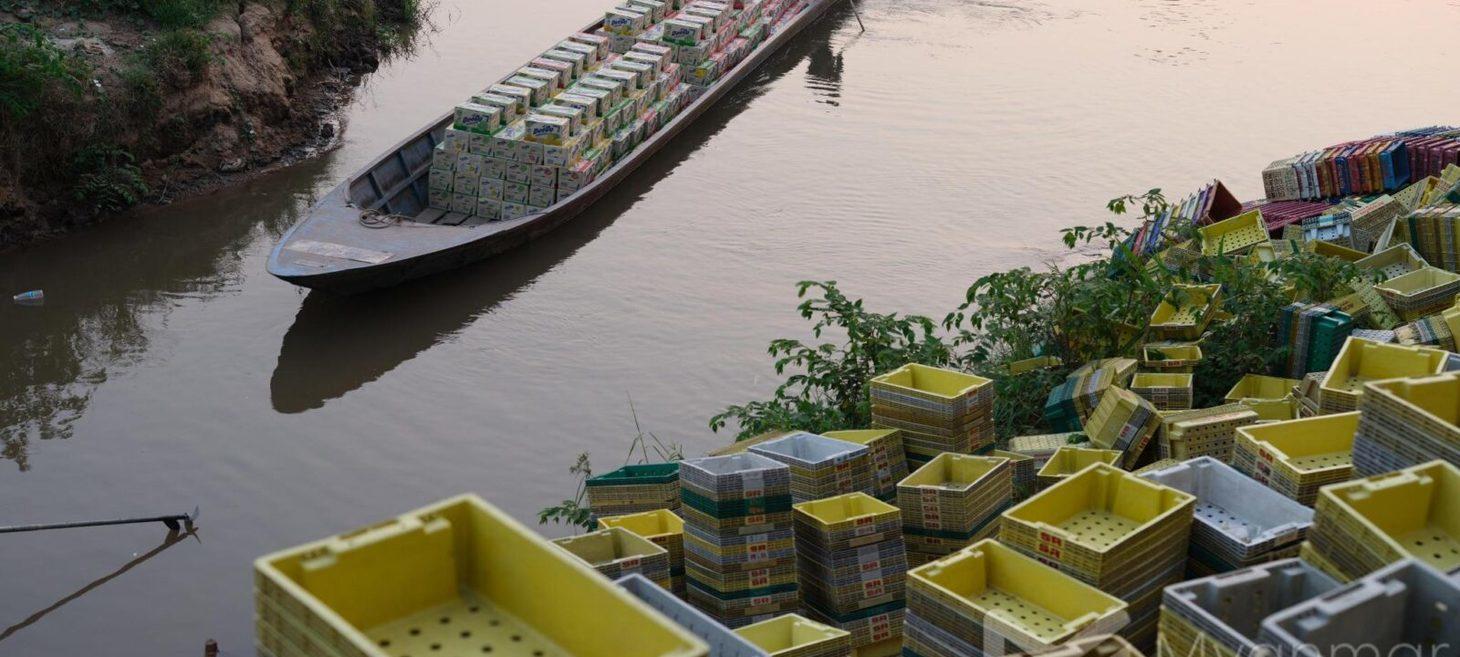
Myanmar regime aims to shift Thai border trade away from Myawaddy
The Myanmar regime is aiming to shift Thai border trade away from Myawaddy to the southern port town of Kawthaung, primarily to prevent income generation for resistance forces. This strategy unfolds amidst a backdrop of intense conflict, including junta airstrikes causing civilian deaths and injuries in various locations like Mrauk-U and near Bagan, along with the unavailability of routine vaccinations for infants and pregnant women in Rakhine State. The sources also highlight broader challenges such as land grabs by the junta, economic difficulties for garment makers and traders, and the military's ongoing struggles against anti-junta forces in certain regions.
Ethnic Issues
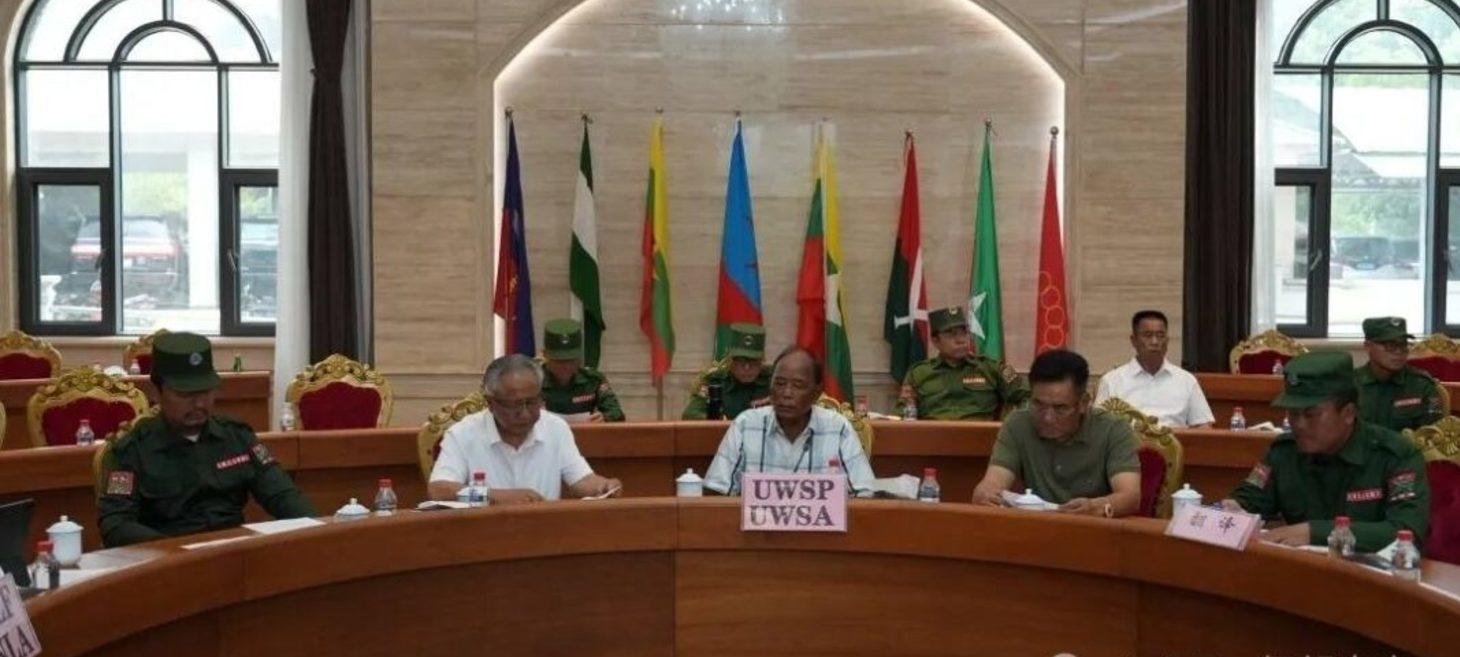
UWSA OPTING OUT OF SUPPORTER ROLE: Effects of Armaments and Financial Blockage on the Anti-Junta Forces
The United Wa State Army (UWSA) formally announced on August 20 its decision to cease providing military and economic assistance to allied anti-junta Ethnic Resistance Organizations (EROs) and other revolutionary groups, including the MNDAA, TNLA, and SSPP/SSA. This reluctant move was made under intense pressure from Beijing, which froze billions in Wa assets, imposed sweeping border restrictions, and threatened harsher actions, viewing UWSA's support as fueling conflict in northern Shan State and breaching its "no war, no unrest" policy. While the immediate impact on anti-junta forces is uncertain, this action signals China's prioritization of its economic interests and the military junta's position, potentially compelling groups like the KIA and AA into China-mediated peace talks.
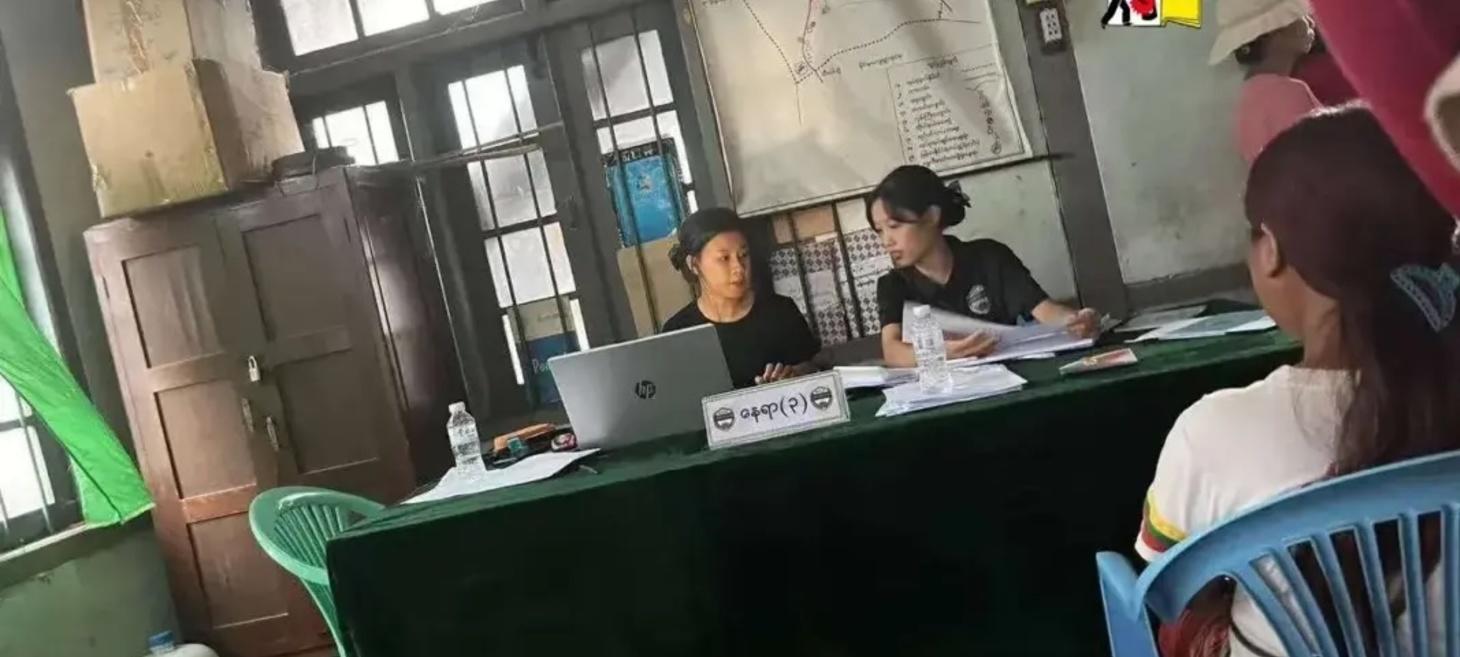
ISSUING ID CARDS, HOUSE HOLD REGISTRATION AND TAXATION BLUES: What are the real EROs’ motives for such undertakings
Ethnic Resistance Organizations (EROs) like the PSLF/TNLA and MNDAA are issuing ID cards and household registrations in northern Shan State, a move officials say is for protecting rights, scrutinizing migration, and maintaining population statistics, but which analysts suggest is for population control and solidifying territorial ownership. Residents, however, are burdened by having to obtain multiple registration cards from various armed groups and face heavy taxation, including fees for these documents and vehicle licenses, leading to widespread suffering and poverty. To address this confusion and ease the burden, the Kachin Research and Documentation Team (KRDT) recommends solutions such as forming a military-political alliance between the KIA and TNLA and establishing a single collective authority for taxation.
General News
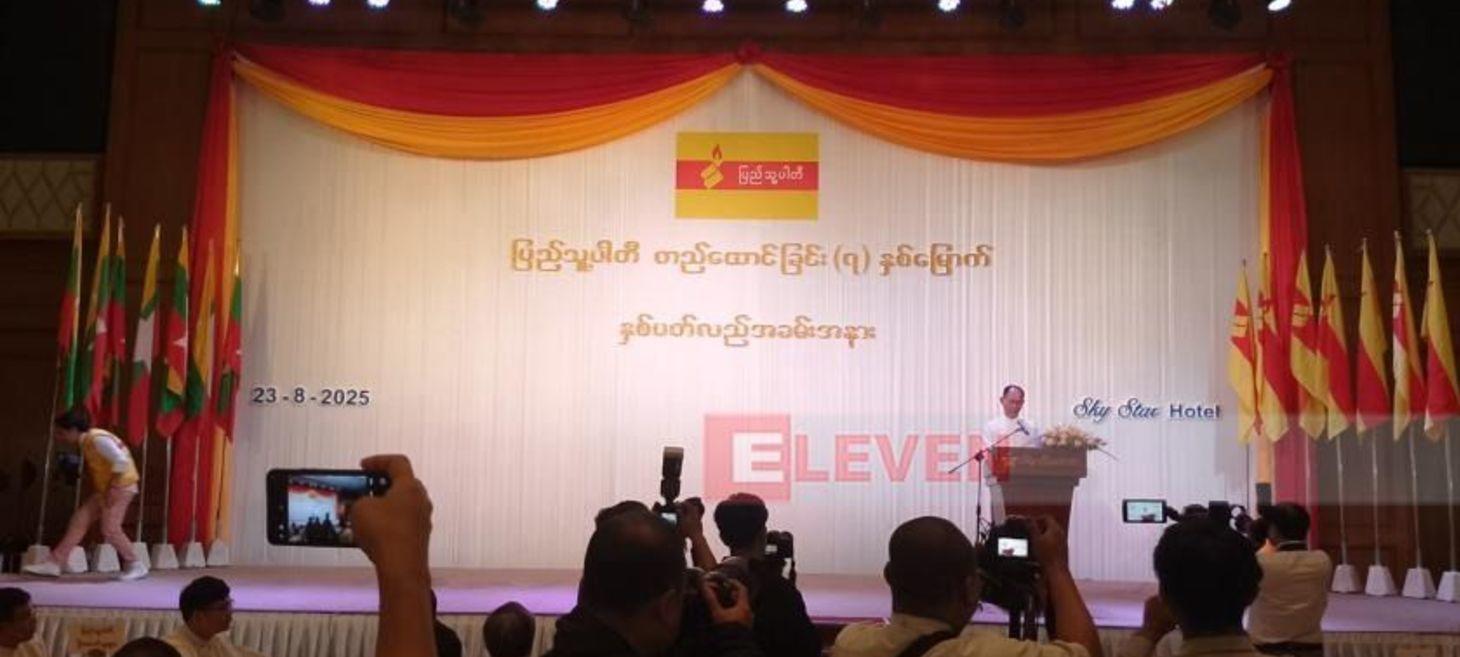
Priority of Myanmar's People's Party is peace, says its chairman U Ko Ko Gyi
At the seventh anniversary celebration of Myanmar's People's Party, chairman U Ko Ko Gyi declared that the party's priority is peace, emphasizing that stability, rule of law, and development are unattainable without it, especially as armed conflict has narrowed the political sphere. Colonel Saw Maung Maung of the Karen National Union/Karen National Liberation Army-Peace Council (KNU/KNLA-PC) and Dr Daw Khin Saw Nwe of the Lisu National Development Party also attended, with both speakers highlighting the urgent need for lasting peace and collaboration among parties and the people. They urged working together through political means to achieve peace, noting the devastation caused by conflict, particularly in Karen State.
Governance & Rule of Law
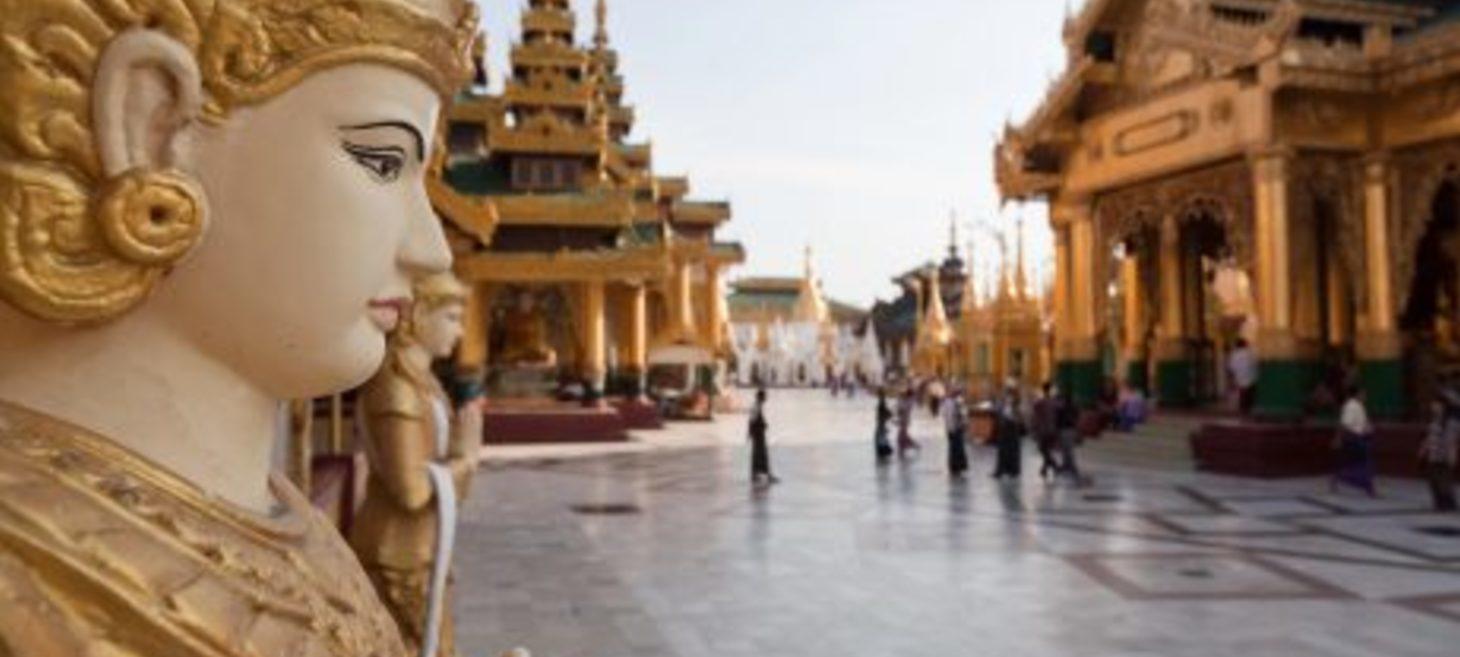
Media Weaponization in Myanmar and the World’s Relative Indifference to Its Crisis
Myanmar's military junta has aggressively suppressed media freedom since the 2021 coup, taking control of broadcast media, shutting down internet access, revoking licenses of independent outlets, and arresting over 154 journalists to restrict information flow and foster global indifference. In response, the resistance movement has rapidly adopted new technologies like VPNs, Twitter/X, and Telegram to access independent media, coordinate protests, and counter propaganda, yet the absence of trusted local media also creates a fertile environment for misinformation and disinformation. Despite citizen journalism and efforts by exiled media, the lack of an independent in-country media presence contributes to the world's relative indifference to the atrocities, highlighting the ongoing challenge in garnering sustained international attention for the crisis.
Humanitarian
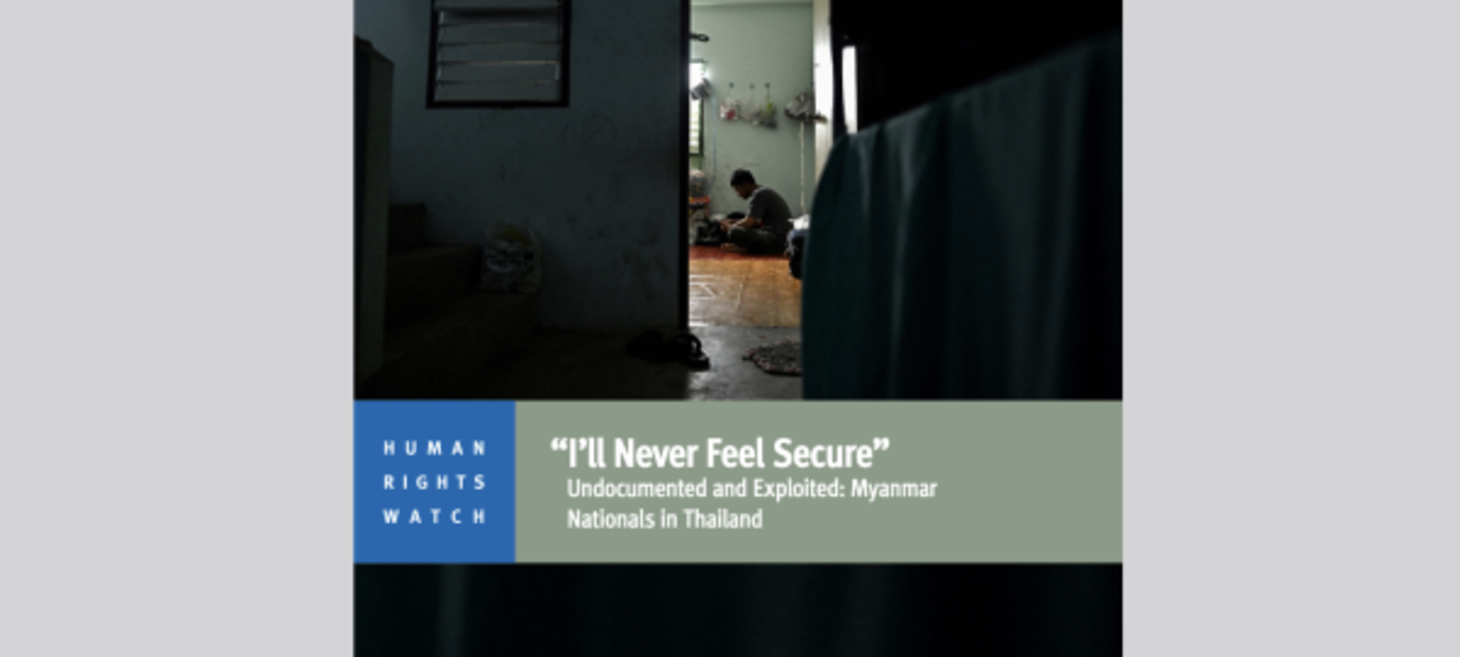
“I’ll Never Feel Secure”: HRW Report Reveals Exploitation of Myanmar Nationals Fleeing Conscription
A recent Human Rights Watch (HRW) report reveals the exploitation of Myanmar nationals in Thailand, many of whom fled forced military conscription and now face severe human rights violations. These individuals, who often qualify as refugees, are subjected to police extortion and live in constant fear because Thailand does not recognize their refugee status or provide a safe pathway to legal protection. Both HRW and War Resisters' International urge Thailand to establish a temporary protection regime and accede to the Refugee Convention, emphasizing how conscription amplifies human rights crises both within Myanmar and for those seeking safety abroad.

Joint Open Letter to the Taiwan Government
Civil society organizations, including Burma Campaign UK, sent a joint open letter to the Taiwan government, specifically the National Immigration Agency and Ministry of Foreign Affairs, urging against the repatriation of Burmese people due to grave concerns for their safety in Myanmar. The letter highlights the severe risks of arbitrary deprivation of life, torture, and other cruel treatment, citing the Myanmar junta's ongoing mass atrocities, forced conscription, and systematic violence that has displaced over 3.6 million people. Therefore, the organizations call on Taiwan to uphold its international legal obligations by ceasing all removal proceedings for at-risk Burmese individuals and ensuring their access to fundamental rights and services.
Natural Disaster
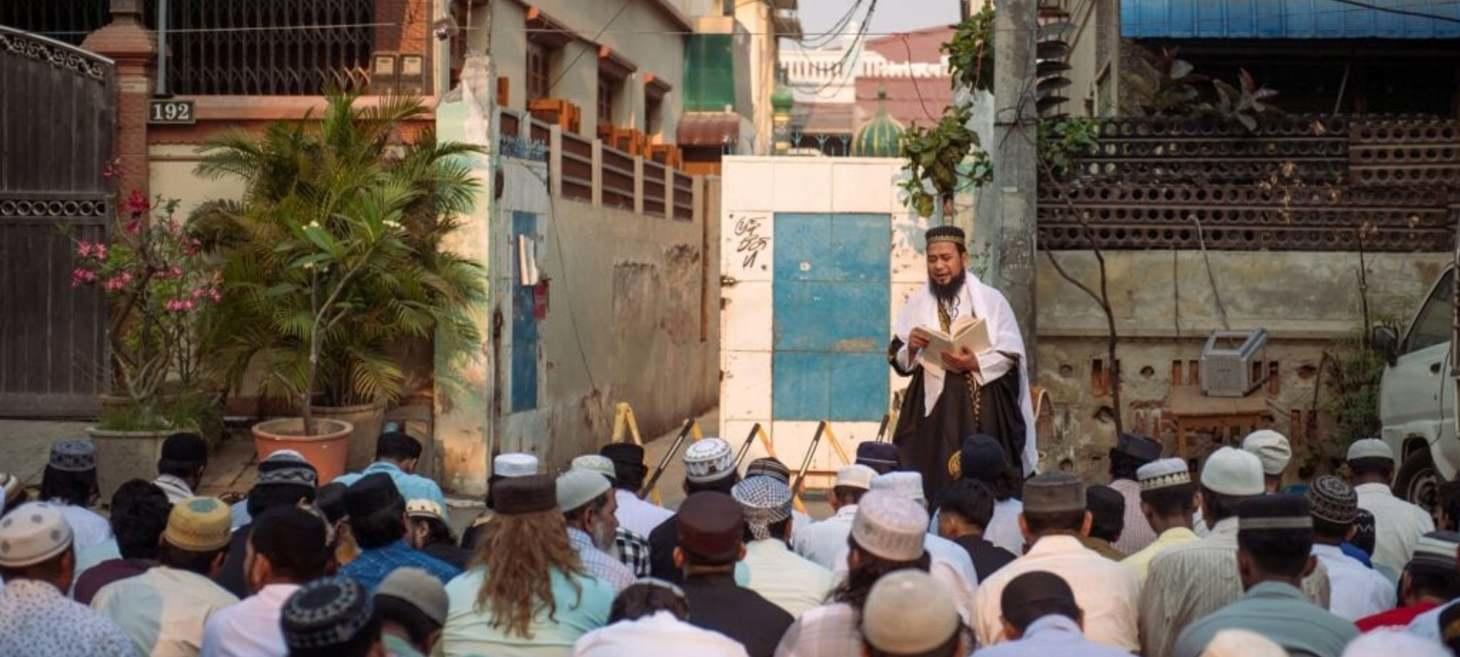
Shattered sanctuaries: Quake-damaged mosques fight for survival
On March 28, a 7.7 magnitude earthquake and subsequent aftershocks struck central Myanmar during Friday prayers, killing 673 Muslims and damaging or destroying over 136 mosques across Mandalay, Sagaing, and Nay Pyi Taw regions. Following the disaster, affected Muslim communities faced significant challenges, including the forcible closure of the Gattan Mosque in Sagaing due to a long-standing land dispute with the adjacent police station, and widespread delays and rejections in obtaining government permits to demolish, repair, or rebuild their damaged houses of worship. Despite these obstacles and the inadequacy of temporary shelters, Muslims are continuing to pray and are appealing to authorities for permission to restore their sacred sites, while Buddhist religious buildings have already commenced repairs.
Natural Resources
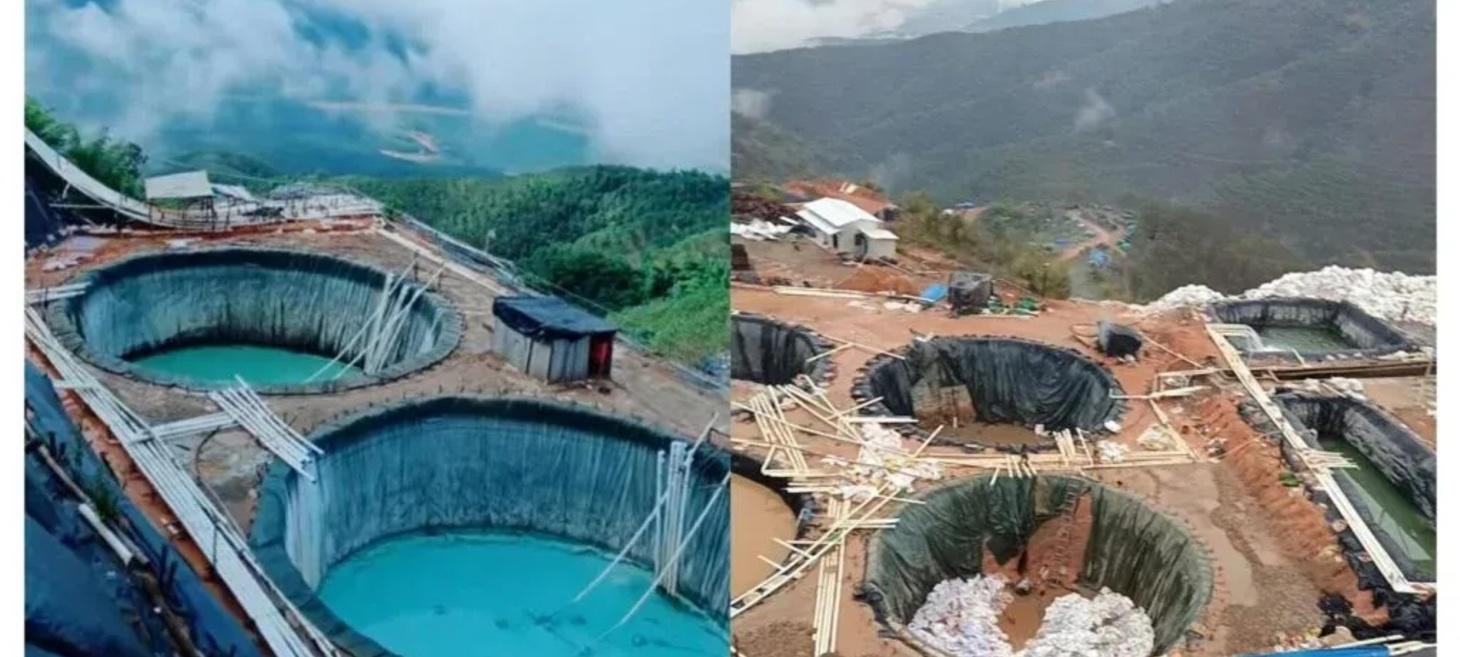
Rare Earth Mining Booms in Golden Triangle After Myanmar Coup: SHRF
Rare earth mining has rapidly expanded in Shan State, particularly in the NDAA-controlled Mong Yawng area of the Golden Triangle, since the 2021 Myanmar coup and after conflict disrupted operations in Kachin State. Chinese companies are believed to be driving this surge, with extracted rare earths transported across the border to China for processing, often operating without formal permits. This unregulated expansion, involving numerous leaching ponds, poses serious environmental risks to local communities and downstream populations due to the pollution of rivers such as the Lwe River, a tributary of the Mekong.
Telecommunications
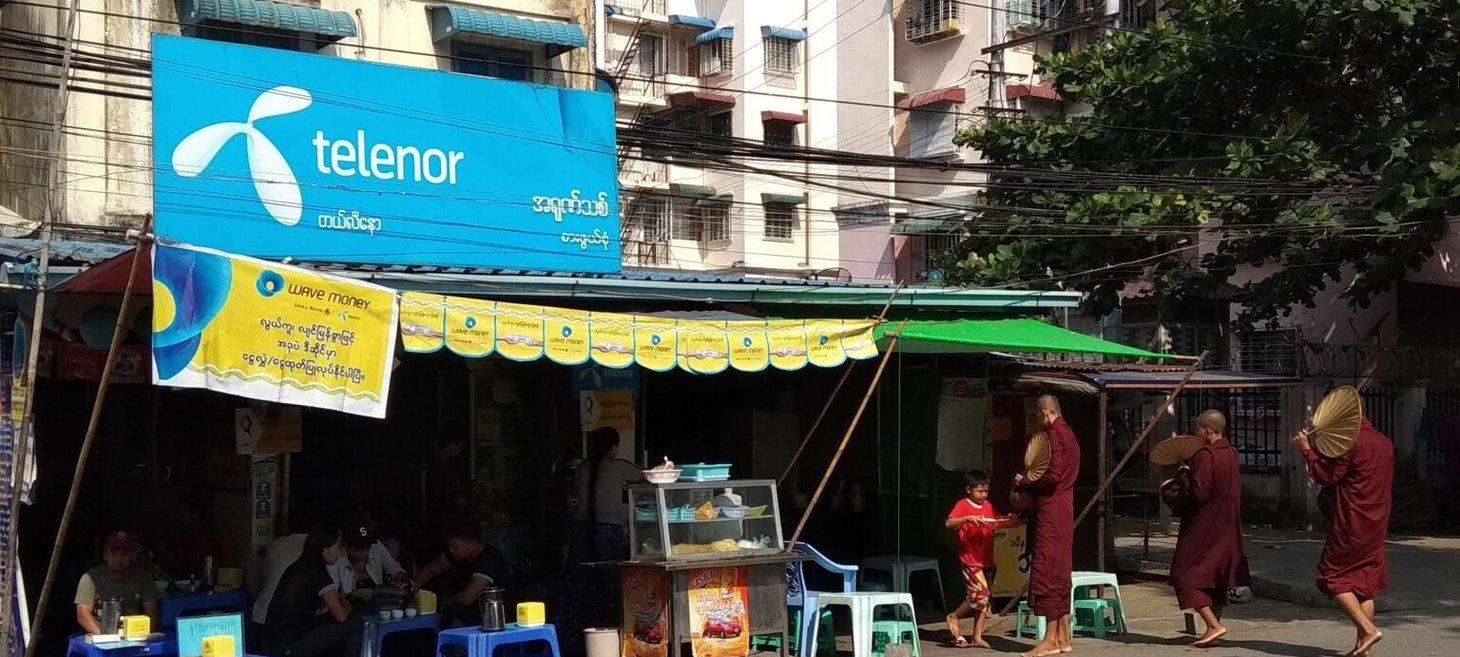
Telenor data transfers linked to arrests and executions in Myanmar
Norwegian telecom operator Telenor is under scrutiny for sharing sensitive user data with the military junta following the 2021 coup in Myanmar. This data, which included phone records, call logs, SMS data, addresses, and location information, was provided in response to over 1,300 requests. The disclosures suggest this information was used to track and arrest democracy activists, such as Ko Jimmy and Aung San Suu Kyi, with some individuals later being executed.
Weather & Environment
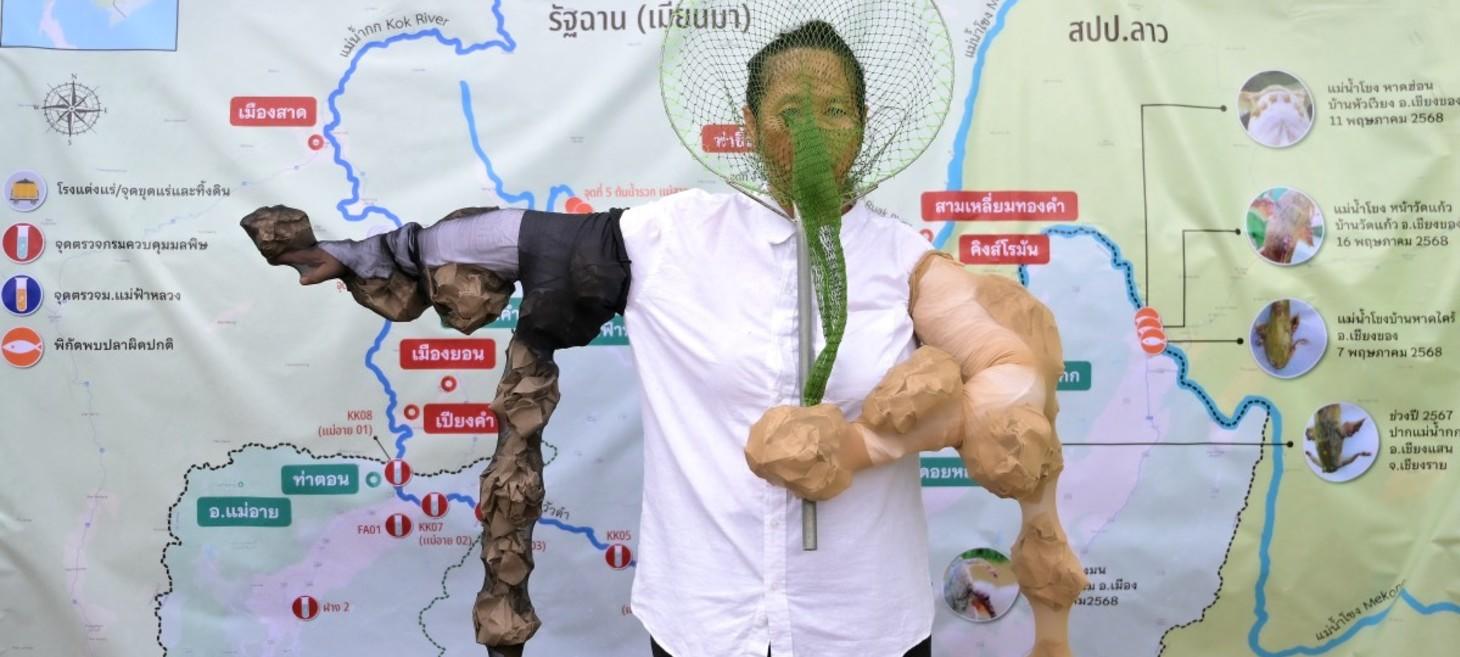
Thailand, Myanmar to join hands to resolve border rivers’ arsenic contamination
Thailand and Myanmar have agreed to form a special panel and joint technical working group to address the contamination of the Kok and Sai rivers, which border the two countries. This cooperation follows allegations from Thailand that extensive gold and heavy metal mining in Myanmar's Shan State has contaminated these rivers with hazardous chemicals, particularly arsenic, used in metal extraction. The agreement, reached during a meeting in Naypyidaw, seeks tangible and sustainable solutions based on scientific evidence, with a focus on information exchange, sustainable water management, and promoting environmental awareness and mining technologies that do not harm the environment.